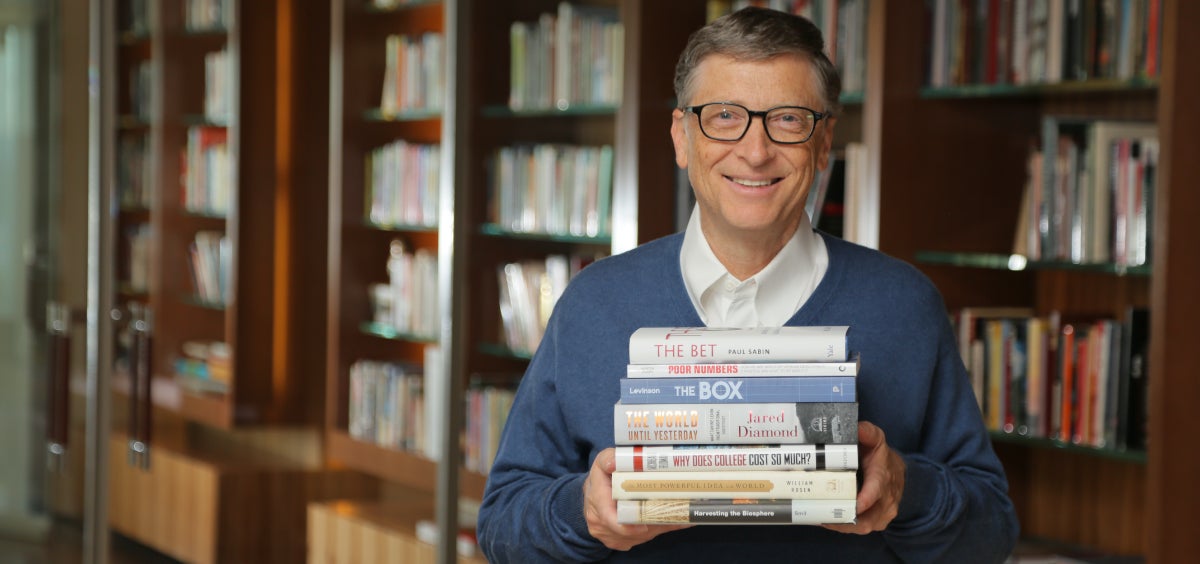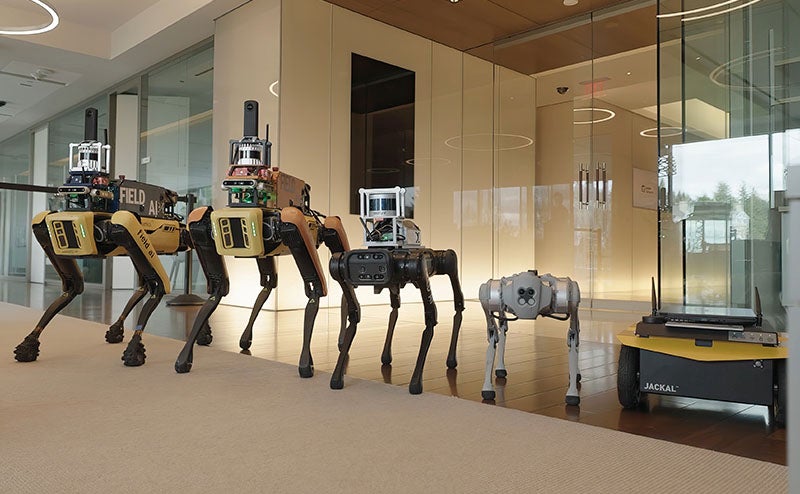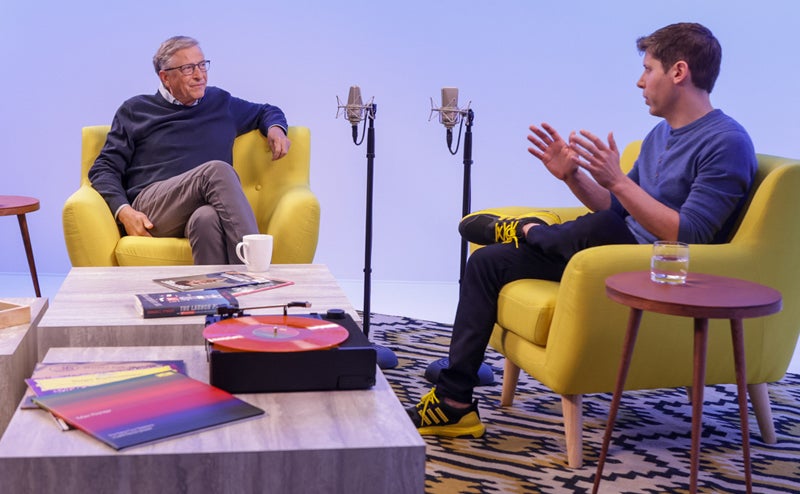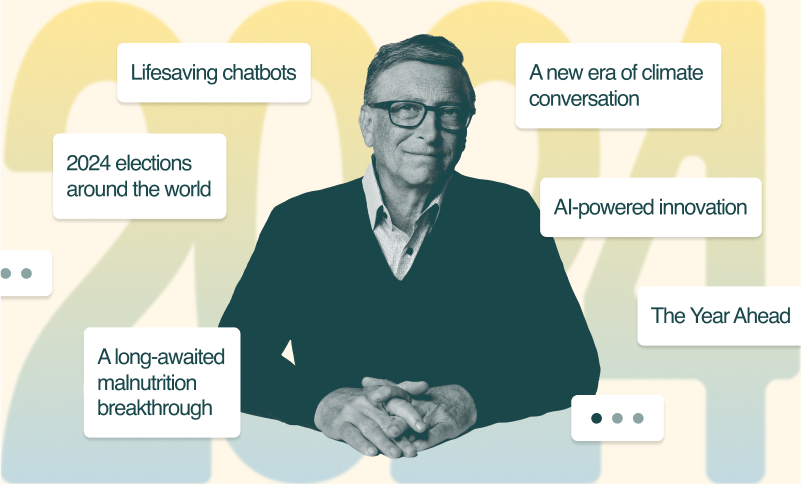Even as child deaths have declined by nearly 50 percent over the past two decades, deaths from pneumonia have remained stubbornly high.
I read a lot, but I don’t always choose what’s on the bestseller list. Many of the books I read this year actually came out years ago. That’s why this post isn’t called the Best Books of 2013…
You may notice that there aren’t any novels on my list this year. It’s not that I don’t enjoy fiction. I’ve read The Catcher in the Rye a bunch of times—it’s one of my favorite books ever (and I enjoyed Salinger, the documentary that came out this year). I did read Gary Shteyngart’s Super Sad True Love Story, which was entertaining though it didn’t have as much science fiction as I expected.
But I read mostly nonfiction because I always want to learn more about how the world works. And reading is how I learn best.
Each of the books on the list below taught me something I didn’t know. How shipping containers helped cut the cost of moving goods between Asia and North America by roughly half. How refined tools for measurement laid the groundwork for the invention of the steam engine. How we’re dangerously overfishing cod, tuna, and other species.
More generally, these books tell amazing stories of human ingenuity. It is this ingenuity that helps explain why the world keeps getting better, and why at the end of each year I look forward to the next one with hope and optimism.
Here are my picks, in no particular order, along with a link to my full review if I wrote one:
The Box ,by Marc Levinson. You might think you don’t want to read a whole book about shipping containers. And Levinson is pretty self-aware about what an unusual topic he chose. But he makes a good case that the move to containerized shipping had an enormous impact on the global economy and changed the way the world does business. And he turns it into a very readable narrative. I won’t look at a cargo ship in quite the same way again.
The Most Powerful Idea in the World,by William Rosen. A bit like The Box, except it’s about steam engines. Rosen weaves together the clever characters, incremental innovations, and historical context behind this invention. I’d wanted to know more about steam engines since the summer of 2009, when my son and I spent a lot of time hanging out at the Science Museum in London.
Harvesting the Biosphere, by Vaclav Smil. There is no author whose books I look forward to more than Vaclav Smil. Here he gives as clear and as numeric a picture as is possible of how humans have altered the biosphere. The book is a bit dry and I had to look up a number of terms that were unfamiliar to me, but it tells a critical story if you care about the impact we’re having on the planet.
The World Until Yesterday,by Jared Diamond. It’s not as good as Diamond’s Guns, Germs, and Steel. But then, few books are. Diamond finds fascinating anecdotes about what life is like for hunter-gatherers and asks which ones might apply to our modern lifestyles. He doesn’t make some grand pronouncement or romanticize tribal life. He just wants to find the best practices and share them.
Poor Numbers, by Morten Jerven. Jerven, an economist, spent four years digging into how African nations get their statistics and the challenges they face in turning them into GDP estimates. He makes a strong case that a lot of GDP measurements we thought were accurate are far from it. But as I argue in my longer review, that doesn’t mean we know nothing about what works in development.
Why Does College Cost So Much?, by Robert B. Archibald and David H. Feldman. The title is a question that seems to get more attention every year. The authors are good about not pointing fingers but instead talking about how America’s labor market affects the cost of college. My view is that as long as there’s a scarcity of college graduates, a college degree will be quite valuable. So people will pay more to get one. And if they will pay more, then colleges and universities—whose labor is provided mostly by people who paid a lot for their own degrees—can ask for more. Until you get an excess supply of graduates, then you don’t really get any price competition.
What’s the answer? Archibald and Feldman lay out a number of policies that could help. I also think technology can help control costs by improving distance learning. Colleges and universities can also do a lot to root out inefficiencies and duplication. (How many physics courses should be taught in, say, Chicago? Could some be consolidated?) This book is a useful introduction to a complex problem.
The Bet, by Paul Sabin. Sabin chronicles the public debate about whether the world is headed for an environmental catastrophe. He centers the story on Paul Ehrlich and Julian Simon, who wagered $1,000 on whether human welfare would improve or get worse over time. Without ridiculing either proponent, Sabin shows how their extreme views contributed to the polarized debate over climate change and other issues that continues today.





